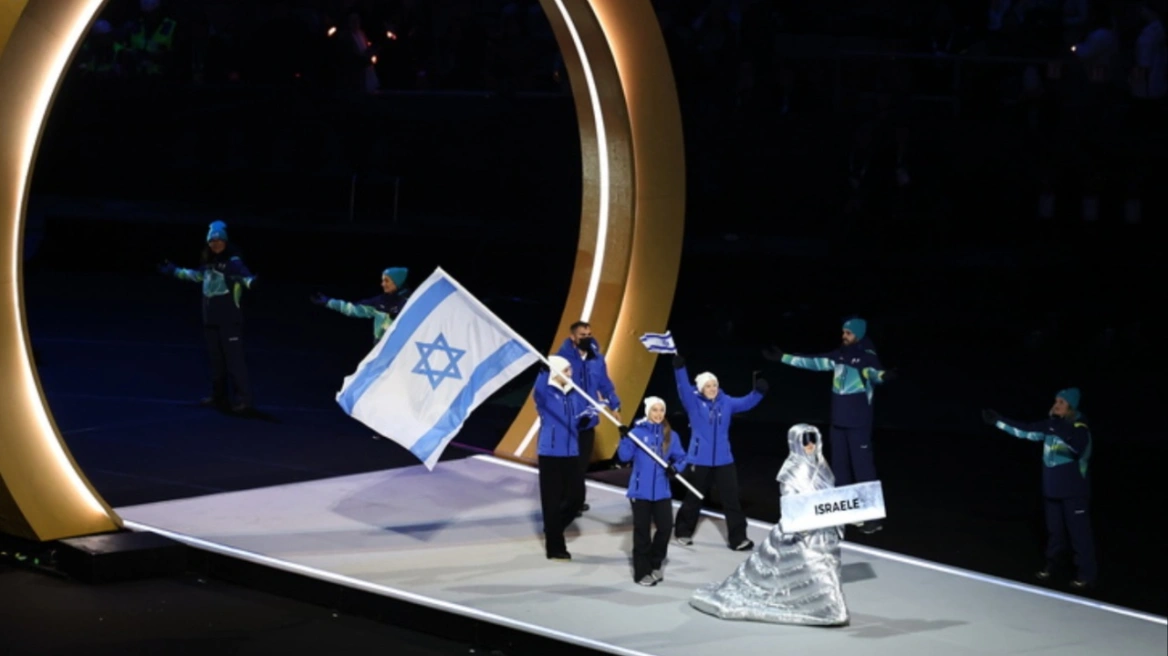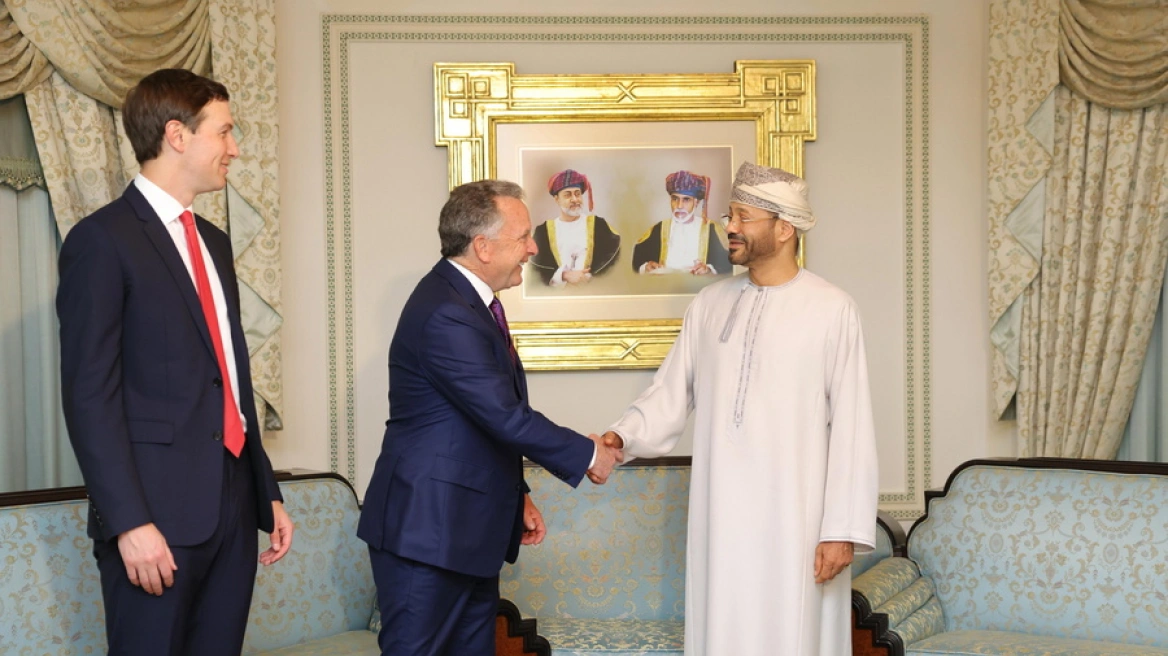Years ago, the now-deceased charismatic imam Fethullah Gülen and the powerful man of the Bosporus, Recep Tayyip Erdoğan, were close allies. Gülen’s death at the age of 83 opens a new chapter in Turkey’s political history, as noted by the German newspaper Bild. His passing dominates the media headlines both in Turkey and abroad.
The two men once shared a strong friendship, but their relationship began to cool over time as their ambitions clashed.
A notable headline in today’s Turkish newspaper Haber, inspired by the Islamist magazine Yeni Akit, features a legendary photo of Gülen and Erdoğan. The magazine comments, “It was Erdoğan’s AKP party that saved Gülen.”

The article in Yeni Akit recalls events from November 29, 2011, when relations between the Gülenists and Erdoğan’s Islamist party were harmonious. However, things changed dramatically on December 17, 2011, when Gülenists began investigating the homes of politicians’ sons, uncovering millions of dollars in hidden cash.
One of the victims of this investigation was Erdoğan himself, along with his eldest son. This scandal tarnished their image as the Gülenists exposed how Erdoğan had allegedly used his son to amass vast wealth.
Unable to tolerate this humiliation, Erdoğan launched a witch hunt against the Gülenists.
Following the July 15, 2016 coup attempt, which was allegedly orchestrated by Gülen, Erdoğan intensified his crackdown on Gülen and his followers.
Since then, all Gülenists have been labeled as terrorists and enemies of the state by Erdoğan’s ruling AKP regime.
Despite the repression, Gülen’s Islamist movement garnered some sympathy in the West, portraying Gülenists as intelligent and well-educated, in contrast to Erdoğan’s loyalists.
A photograph from Yeni Akit shows a young Erdoğan standing next to his former ally, Gülen. This iconic image from 1999 marked a turning point, as later that year, a secretly filmed speech of Gülen was broadcast on ATV, leading to his exile to the United States.
The following is a translation of part of that speech:
“You must strengthen your positions in the Ministries of Justice and Interior that you already hold,” Gülen advised the Erdoğan government. “These positions are our guarantee for the future. However, our community members should not be satisfied with roles like judges or district administrators.
To reach the highest levels of the state, you must go further without being discovered and uncover the critical points of the system.”
After Erdoğan’s AKP rose to power, many Gülenists held prominent positions in the judiciary, prosecuting former high-ranking military officers on dubious charges. This alliance between Erdoğan and Gülen thrived for a time, but began to fracture during the Gezi Park protests in 2013, where Gülen publicly criticized Erdoğan’s use of force against demonstrators.
Gülen’s movement faced further persecution after the 2016 coup attempt, with Erdoğan accusing him of trying to create a “state within a state.” The failed coup, in which 250 people died, was quickly attributed to Gülen, although many international organizations have cast doubt on this claim. In the aftermath, Erdoğan declared a state of emergency and initiated a massive purge, arresting tens of thousands and dismissing 150,000 state employees.
Despite these actions, Gülen has continuously denied involvement in the coup, stating, “As someone who has suffered through multiple military coups over the last five decades, it is particularly insulting to be accused of having any connection to such an attempt.”
The fallout from this betrayal has left a lasting impact on Turkish politics, with many viewing Gülen as an instigator, while others see his movement as reformist.
Ask me anything
Explore related questions





